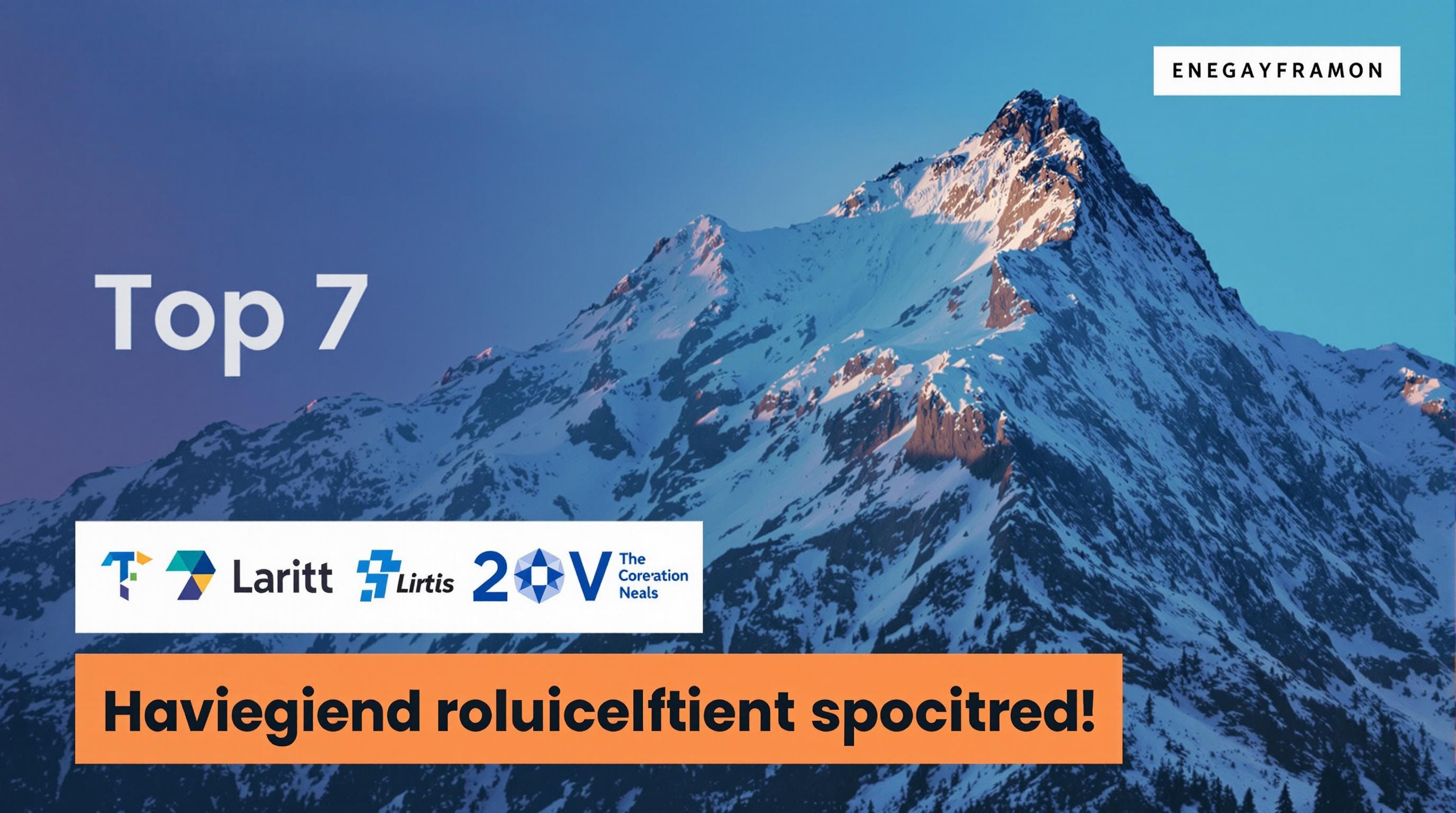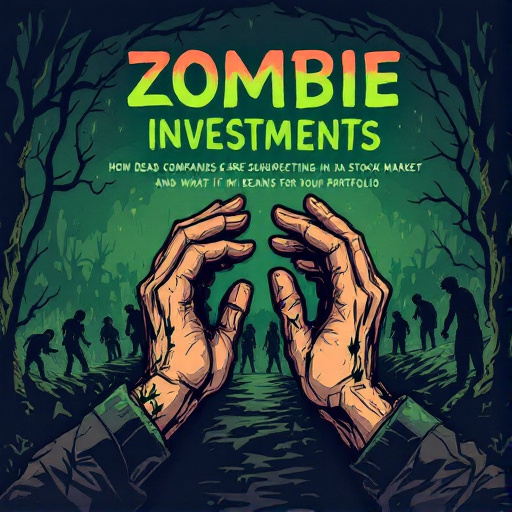Featured Articles
- Ghost Investing: How Haunted Real Estate Could Be Your Next Unlikely Asset Class
- Investing in Chaos: How Political Turmoil Drives Unexpected Market Opportunities
- Investing in Dreamscapes: The Rise of Virtual Real Estate and Its Untapped Value مص
- Investing in the Underworld: How Dark Money Shapes the Future of Finance
- "Investing in Your Future: How Micro-Businesses are the New Gold Mines in a Post-Pandemic Economy"
"The Rise of Ethical Dilemma: Investing in Unconventional Industries with a Conscience"
"The Rise of Ethical Dilemma: Investing in Unconventional Industries with a Conscience"
The rise of ethical dilemmas in investing is reshaping how we think about our money and the impact it has on the world. As more people gravitate towards unconventional industries that promote sustainability and social responsibility, it's crucial to explore the motivations, trends, and implications of this shift.
The Attraction of Impact Investing
At just 25 years old, I find it fascinating how my generation views the concept of investing. Traditional investment methods often prioritize financial returns above all else, while a new wave of investors is focusing on ensuring their money contributes positively to the world.
Impact investing is a growing trend among millennials and Gen Z, highlighting how financial prosperity can coexist with social responsibility. According to a report by the Global Impact Investing Network (GIIN), impact investing hit a staggering $715 billion in assets under management as of 2020, showcasing the significant interest in aligning investments with personal values.
Unconventional Industries: The New Frontier
What do we mean by "unconventional industries"? Think of sectors like renewable energy, fair trade, and technology focusing on social change. These industries challenge traditional norms and provide alternatives that not only yield financial returns but also promote a better world.
Consider the clean energy sector. According to the International Renewable Energy Agency (IRENA), employment in the renewable energy sector reached 12 million worldwide in 2020. People are beginning to realize that investing in solar, wind, and other sustainable sources can lead to economic growth, improved public health, and less environmental degradation. It's a win-win scenario that many investors, particularly younger ones, find hard to resist.
Case Study: Beyond Meat
Speaking of unconventional industries, let’s take a closer look at Beyond Meat—a company that’s been making headlines for its plant-based products. Founded in 2009, it has managed to disrupt the meat industry by offering consumers an alternative that tastes like meat but is better for health and the environment.
Beyond Meat went public in May 2019, and its stock skyrocketed, with shares climbing more than 800% in the initial months following its debut. This surge not only attracted investors but also generated a conversation around how food production impacts climate change. As of 2021, Beyond Meat claimed their products are 90% more efficient in greenhouse gas emissions than traditional beef. This stark contrast to meat production illustrates how investment in unconventional industries can have tangible societal benefits.
The Ethical Dilemmas We Face
The allure of ethical investing is not without its complications. When venturing into unconventional industries, investors must grapple with moral quandaries. Is it ethical to profit from industries like gambling or pornography, even if they are legally sanctioned? What about companies that exploit labor rights in countries with fewer regulations?
If you think about it, "ethical" is a subjective term. For instance, while someone may view investments in alcohol or tobacco as unethical, others might argue that individuals have the right to make their own choices. This dichotomy makes ethical investing a murky space, prompting thoughtful contemplation rather than blanket judgments.
Trends in Ethical Investing
As investors increasingly factor in ethical considerations, certain trends continue to emerge. One notable trend is the focus on Environmental, Social, and Governance (ESG) criteria in investment decisions. A report from MSCI found that companies with strong ESG performance tend to outperform their peers over the long term—a detail that piques the interest of traditional investors as well.
Another trend is the rise of alternative funding structures, such as social impact bonds and community investment initiatives. These methods engage local communities and prioritize social returns alongside financial ones, empowering investors to make a direct impact on their surroundings.
The Investor's Dilemma: Passion vs. Profit
In a light-hearted twist, let’s take a moment to consider the age-old question: What do you prioritize—passion or profit? As investors, we often find ourselves torn between investing in what we believe in and investing in what may yield higher financial returns.
As a young investor myself, I can relate to this dilemma. I stare at my stock portfolio, haunted by the fact that while investing in a vegan cosmetics brand feels good, tech stocks are where the real money seems to be. Yet, isn’t it better to invest in a company that reflects my values, even if it doesn't give me a Ferrari in five years? Perhaps a good approach is to strike a balance between passion projects and profit-generating investments.
Success Stories: More Than Money
Consider the story of Warby Parker, a company that disrupted the eyewear industry while also embracing social entrepreneurship. For every pair of glasses sold, they donate a pair to someone in need—an inspiring model that aligns profit with purpose. In 2020, they raised $245 million in funding, showcasing that a commitment to social impact can also catalyze significant financial success.
How to Get Started with Ethical Investing
For those intrigued by the notion of ethical investing, the journey can initially feel overwhelming. Where to begin? Here are some tips:
- Assess Your Values: Center your investment strategy around what matters most to you—be it climate change, social justice, or both.
- Research: Dive deep into companies and funds that align with your values. Websites like Morningstar provide ESG ratings for various investments.
- Consult Professionals: If you’re unsure where to look, consider engaging with a financial advisor who specializes in ethical investing.
A Final Reflection: Investing with a Conscience
As we navigate the complexities of modern investing, it's crucial to remember that our choices shape the world. Investing with a conscience may not guarantee immediate wealth, but it lays the groundwork for a future where our economic pursuits mirror our ethical beliefs. This intersection of investment and morality is not just a trend; it's the evolution of a more conscientious economic landscape.
Looking towards the future, ethical dilemmas are set to become more pronounced as industries shift and evolve. The challenge for investors will be to discern between performative ethics and genuine change, to ask themselves tough questions, and to strive for greater accountability in the investments they choose.
Conclusion: The Road Ahead
In conclusion, the rise of ethical dilemmas in unconventional investing presents a unique challenge and opportunity. Navigating this landscape requires reflection, research, and an openness to reevaluation—traits that can make a critical difference in both financial returns and social impact. The future of investing might just hinge on making choices with not only our wallets but also our hearts.
So, to the 16-year-olds dreaming of changing the world and the 70-year-olds who want to leave behind a legacy: remember, investing doesn't just tell you what you value, it shows you who you are. The next time you decide where to put your money, think about not just the potential gain, but also the world your investment will help create.




